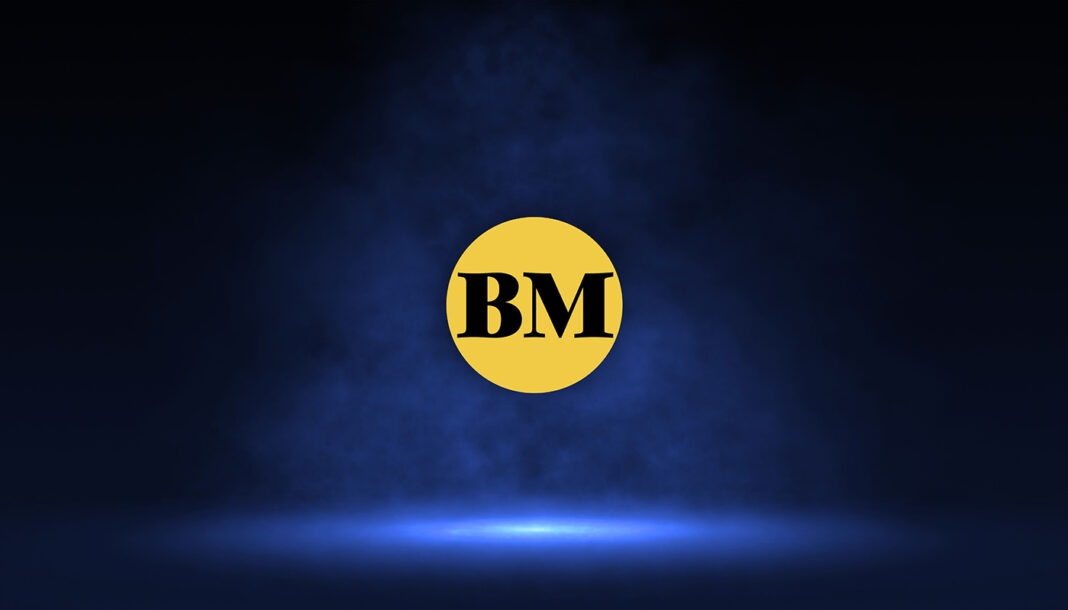
SUSPENDING the excise tax on petroleum products is entirely in the Executive’s court, for now, if the purpose is to grant the public immediate relief as oil prices have continued to climb for the ninth week. The spikes in prices have been hitting fishermen hard, according to representatives of the sector.
Senate Minority Leader Franklin M. Drilon noted that Congress had already legislated Republic Act (RA) 10963, or the Tax Reform for Acceleration and Inclusion (Train) law, with its provision allowing for a halt in collection of the tax once a certain level of global oil price is reached for three months.
“As I recall it, under the Train law that we passed, $80 per barrel is the price threshold for oil prices that serves as basis for suspending the excise tax. Thus, we don’t need a new law. We will need a new law if we want to further lower the threshold below $80,” Drilon said in a radio interview over DWIZ over the weekend. He emphasized that Malacañang has the power to suspend collection.
“That’s up to Malacanang. The problem I think is the DOF [Department of Finance] does not want it,” the minority leader pointed out.
Billions to lose
THE DOF last week said the government stands to lose P131 billion in revenue from suspending the excise taxes, money badly needed to finance the continuing huge requirements of pandemic response, including both health-related interventions and for supporting economic sectors impacted by Covid-19.
“The problem is with the Executive. We all know that legislation takes time, but that kind of call [for suspension] requires immediate action,” Drilon said. “That is why Malacanang was given enough authority to give relief to our people.”
Last week, at least three presidential aspirants—Senator Panfilo Lacson, Manila Mayor Francisco Moreno and former Senator Ferdinand Marcos Jr.—sounded calls to consider temporarily halting the excise taxes, as a means of preventing additional pass-on costs to the people reeling from not just the pandemic but also the still-spiking oil prices.
On Friday, the chairman of the Senate Public Services committee, which has heard the dire situation of the transport sector, among others, weighed in on the matter.
Senator Grace L. Poe suggested that if the Executive can consider tweaking tariffs on imported pork to ease inflationary pressures and give the public relief, it should also consider doing similarly on excise tax on petroleum.
For citizen’s welfare
POE pointed out a temporary suspension will provide relief to jeepney drivers, delivery riders and those transporting farm products amid rising prices of gas and diesel.
“If the DOF was able to bring down tariffs to help bring down prices of pork and rice even as farmers and local producers were pleading against it,” the Executive should move as well to suspend excise tax on petroleum “for the welfare of our most affected citizens,” Poe said in an earlier statement. She cited budget documents showing collection of excise tax on petroleum reached P42.7 billion in 2019 and was programmed to hit P41.6 billion in 2020. Poe added this is projected to reach P47.9 billion this year.
Meanwhile, income tax collected from companies and enterprises reached P586.16 billion in 2019; was programmed to stand at P329.89 billion in 2020; and is expected to hit P304.83 billion in 2021, per figures cited by Poe’s office.
The Train law of 2017 imposed excise tax on petroleum products starting 2018. The excise tax on diesel started at P2.50 per liter in January 2018. The tax rose to P4.50 in January 2019 and to P6 in January 2020. For gasoline, the excise tax started at P8 a liter in January 2018, rose to P9 in January 2019, and P10 a liter in January 2020.
Jettying expenses
RISING oil prices have been deeply felt by the fishing sector, according to the Pambansang Lakas ng Kilusang Mamamalakaya ng Pilipinas (Pamalakaya), an organization representing small trawlers.
The average income of small fishermen who regularly consumes diesel for their motorized banca (trawler) has dramatically dropped to P120 per fishing trip from the already meager P300 “daily net income” prior to the series of oil price hikes, the Pamalakaya said last Sunday. The group said that prices of gasoline and diesel have accumulatively increased by P19.70 per liter and P18 per liter, respectively, since the start of the year.
Consequently, the Pamalakaya reported that the cost of production for small fishers have also swelled to P180 per fishing operation or a total of P720 additional fuel cost for a week of four fishing trips.
The Pamalakaya earlier lamented that the “unbridled fuel price increase has pushed the fishers to downsize their fishing operations because they can’t afford the additional fuel cost.”
Pamalakaya National Coordinator Fernando Hicap called for the urgent passing of the Petron Re-Nationalization Act and the Downstream Oil Industry Regulation Act. These bills, filed by the Makabayan bloc in Congress, essentially seek to reverse the deregulation of oil industry.
Move to ease
ADMINISTRATION Senator Christopher Lawrence T. Go griped Sunday that spiralling upward oil prices in the world market is “an additional burden on Filipinos still reeling from the deadly Covid contagion.
In a statement issued over the weekend, Go aired an appeal to various government agencies, including the departments of energy, agriculture and transportation to consider granting “fuel discounts or subsidy for “strategic sectors,” including public transport and food deliveries, among others.
“Sa pagbibigay ng discount o subsidy, mas mapapagaan natin ang bigat na dulot ng pagtaas ng presyo ng langis,” the senator suggested. [By providing discounts or subsidies, we can ease the burden of rising oil prices.]

